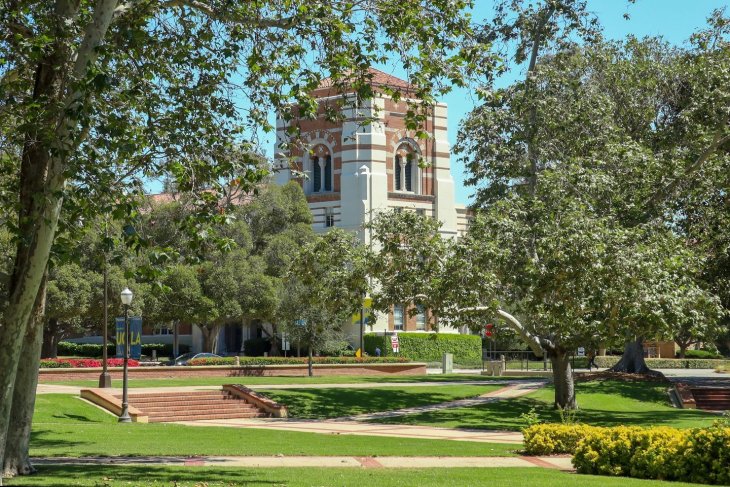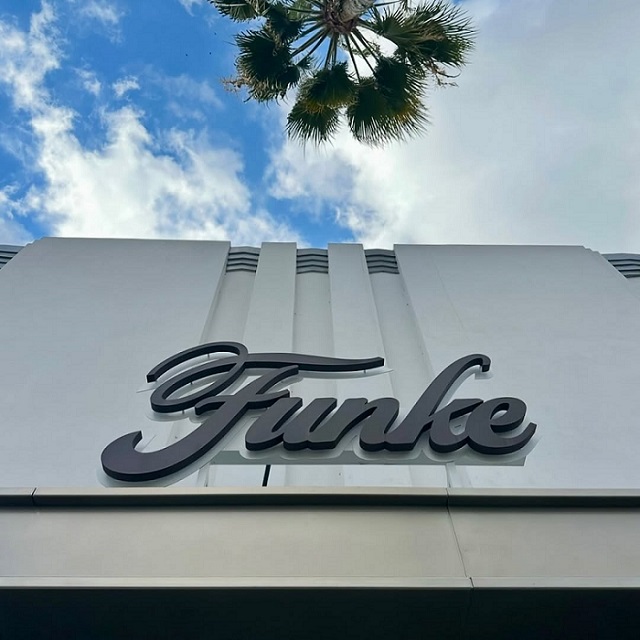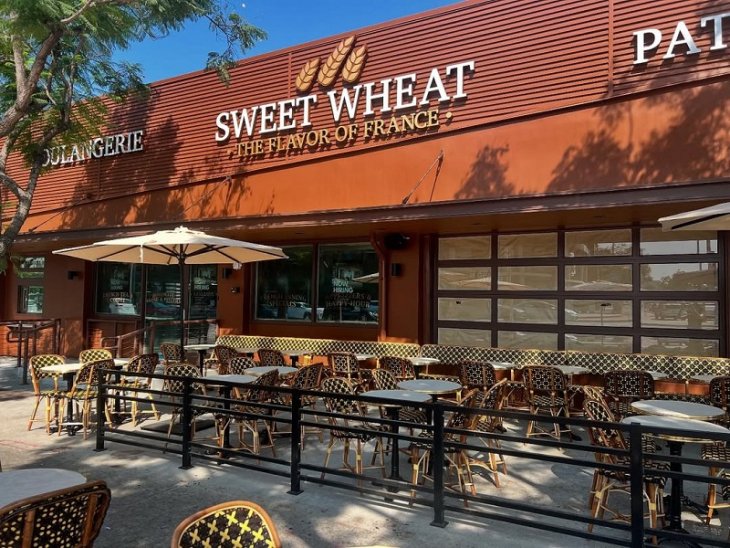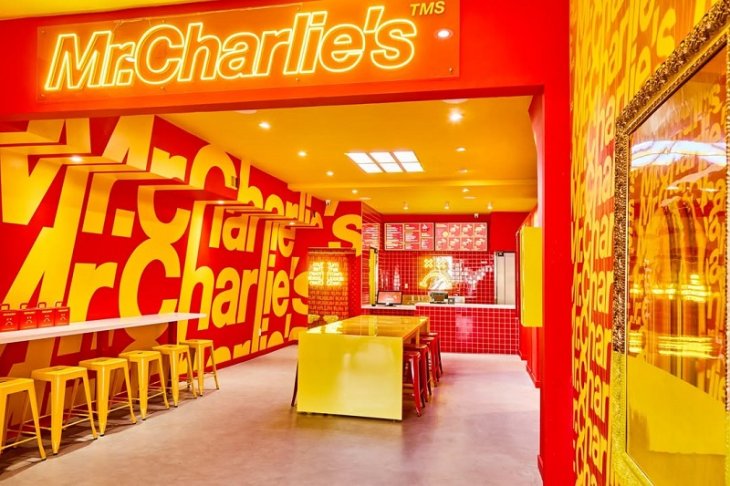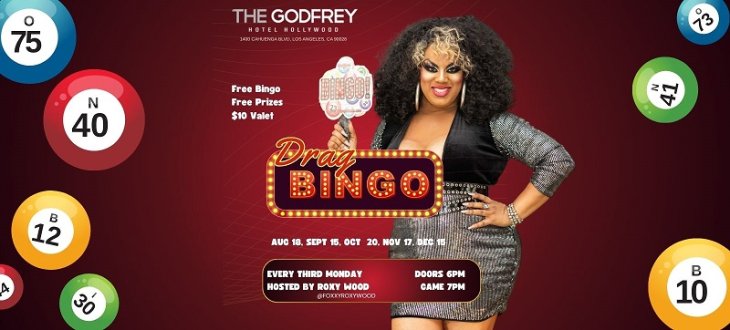
A Los Angeles City Council committee will consider a plan Monday to offer a total of $54 million in tax relief to small businesses by 2020, taking a potential step toward phasing out a gross receipts tax that local business leaders have criticized as a “job killer.”
As many as 39,000 small businesses could start receiving exemptions from the tax on Jan. 1, 2016, a number that could grow to 72,700 businesses by 2020, under a proposal to be discussed by the Budget and Finance Committee on Monday.
The city already exempts small businesses from its gross receipts tax, but currently considers small business to be those with gross earnings of $100,000 or less each year.
The changes being taken up by the committee would address concerns by some in the business community that this definition of a small business is too restrictive.
Under the proposal, the threshold to be considered a small business would be raised to $250,000 by Jan. 1, 2016, to $500,000 in 2018, and ultimately to $1 million by 2020.
The higher threshold could mean that professional service providers, such as law firms, or jewelry stores and other businesses that sell “big- ticket items,” would also be able to apply for the exemption, according to Hollywood Chamber of Commerce President Leron Gubler.
Gubler said even if some businesses bring in higher gross earnings, they may only employ 5 to 10 people, which is typically seen as a small business.
“I’m encouraged they (the City Council) are at least considering this,” Gubler said. “The business committee has been crying for relief from the gross receipts tax.”
Los Angeles is one of a dwindling number of cities that still collects such taxes, which are based on the gross receipts of businesses, and local business chambers have long sought to get rid of the city’s tax altogether.
The tax is projected to bring $491 million into the city’s coffers this fiscal year. The budget is $8.6 billion.
City officials have not agreed to a plan for phasing out the tax, despite having discussed the idea for years, according to Gubler.
The gross receipts tax “is a job killer, and it has been for the last 25 years,” Gubler said.
Stuart Waldman, president of the Valley Industry and Commerce Association, said raising the threshold and including more businesses in the exemption would be “a good first step” toward eventually eliminating a tax that is “essentially a punishment for doing business within city limits.”
“We would like to see it eliminated altogether, and hope that’s the end game,” he said.
The plan comes as city leaders have vowed to draw up a “comprehensive plan” for creating a friendlier business climate in Los Angeles, especially after voting to raise the citywide minimum wage from $9 per hour to $15 per hour in 2020.
With the wage hike prompting outcry from the business community that it would lead to job loss, City Council President Herb Wesson earlier this year formed an ad hoc committee on job creation, specifically to work on a plan that would address those concerns.
Los Angeles Area Chamber of Commerce Senior Vice President Ruben Gonzalez said this latest proposal to give tax credits to more small business fits the bill.
Gonzalez said small business owners exempted from paying the city’s gross receipts tax would be able to reinvest their money into their workers and toward improving their business, which would be “very much in line” with the city’s efforts to create more jobs.
The current small business exemption “has proven to be an effective tool for the city in helping maintain and grow a sector that is key to the health of our economy,” Gonzalez said.

